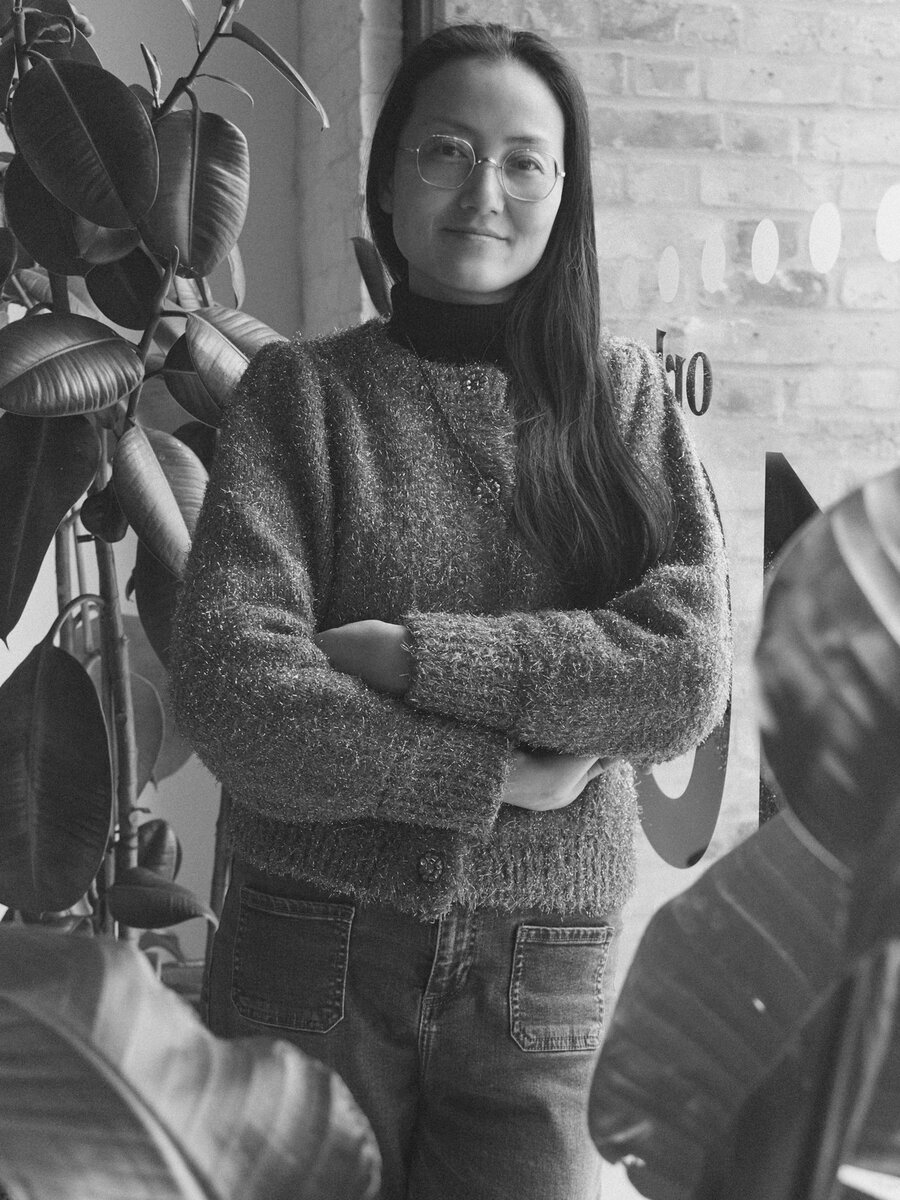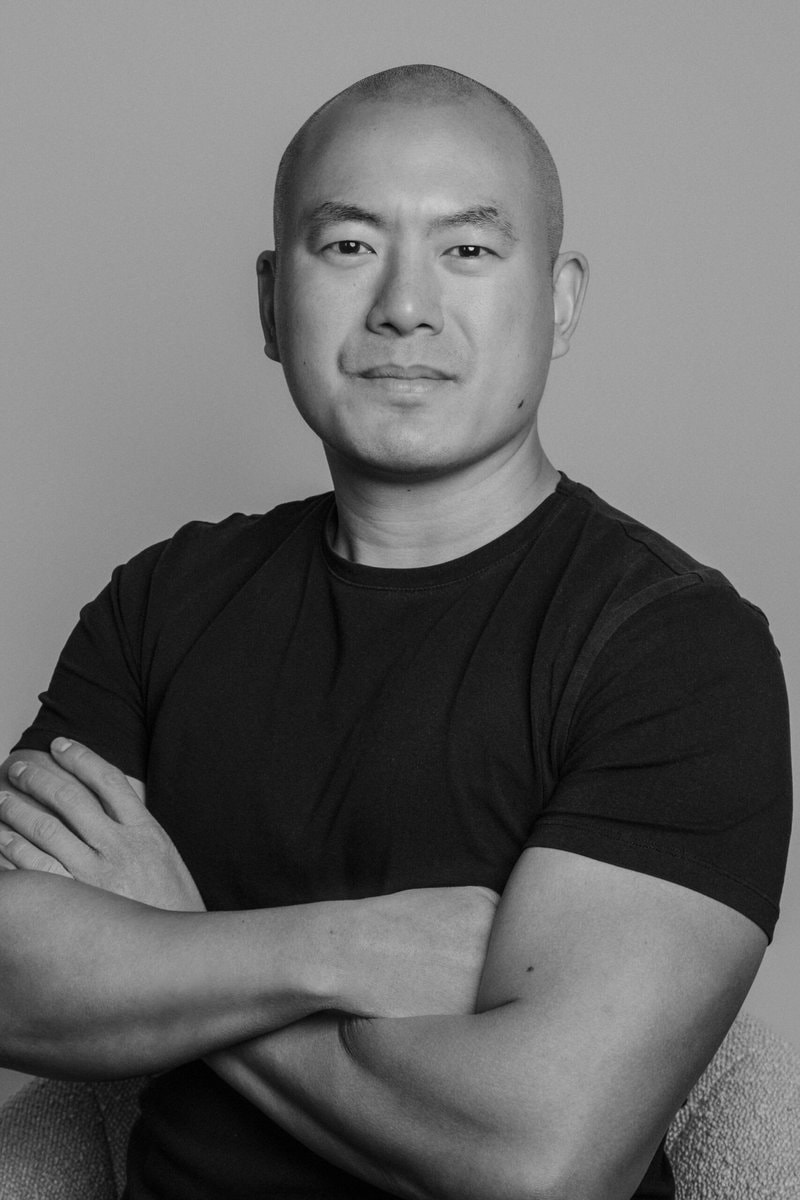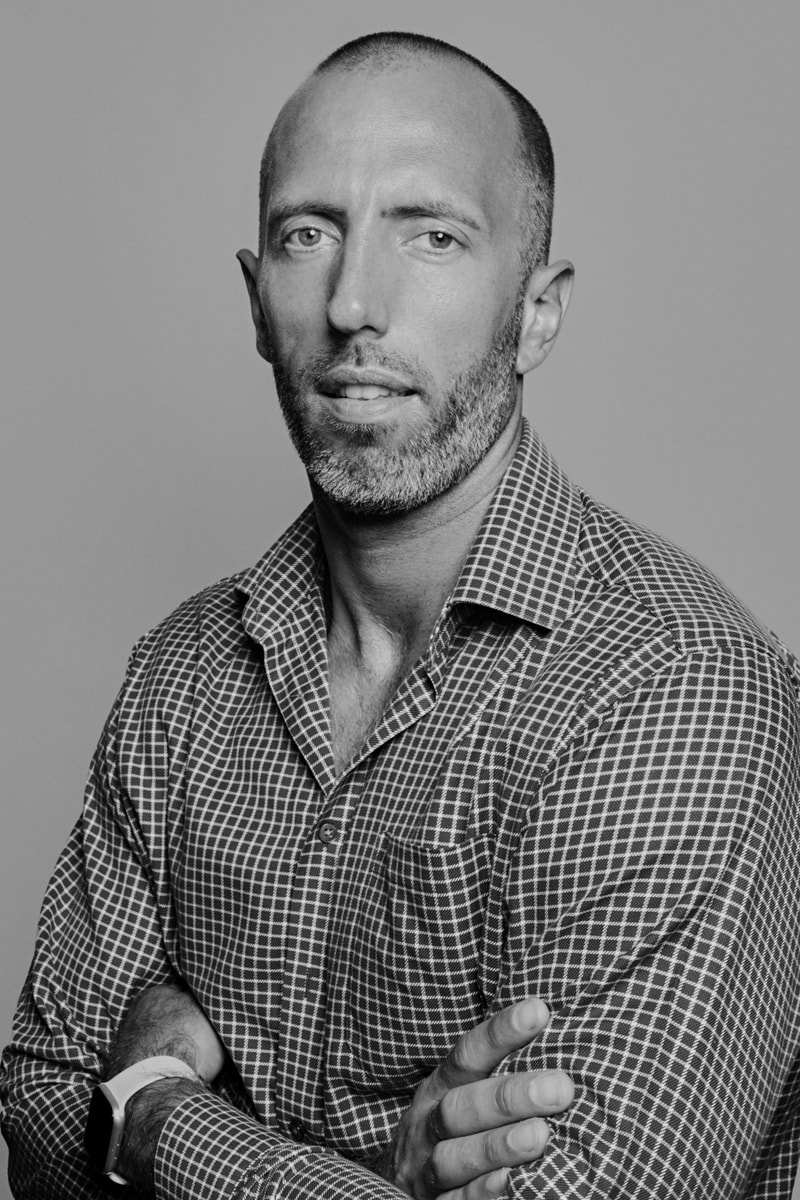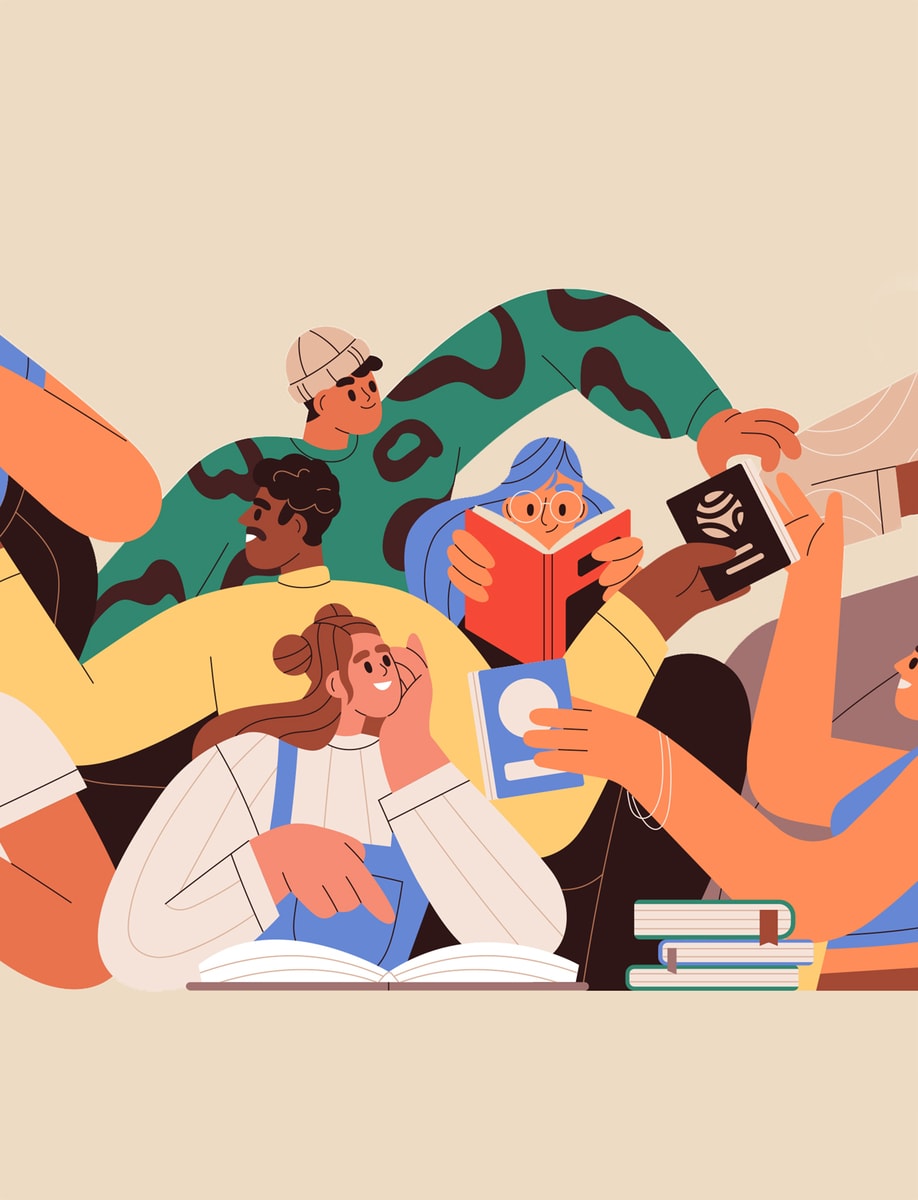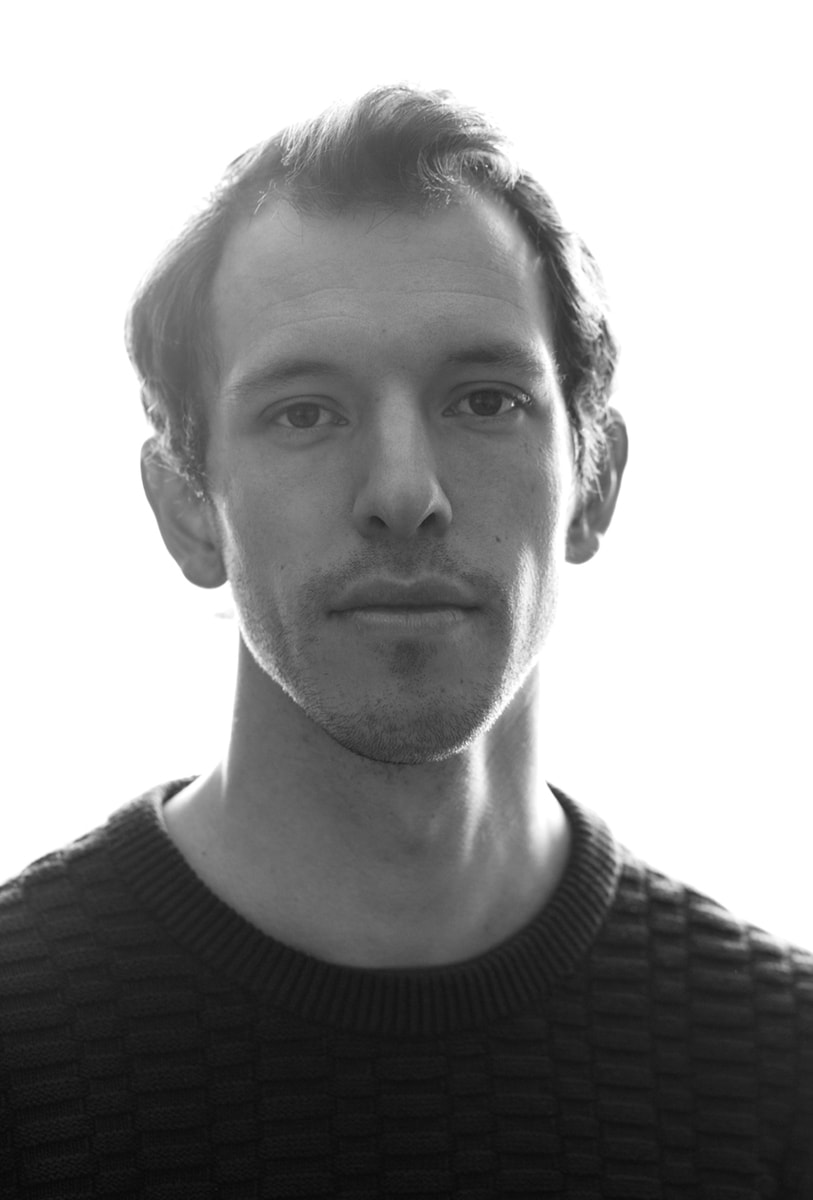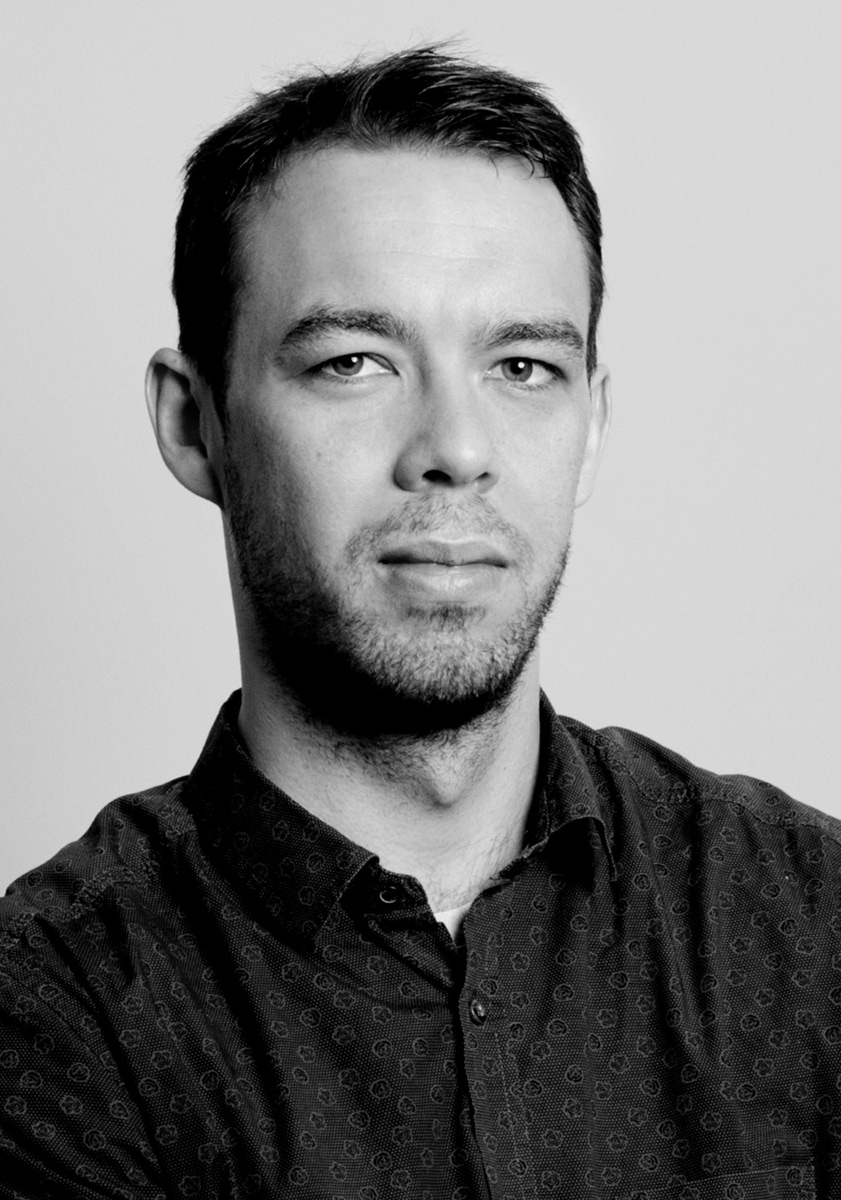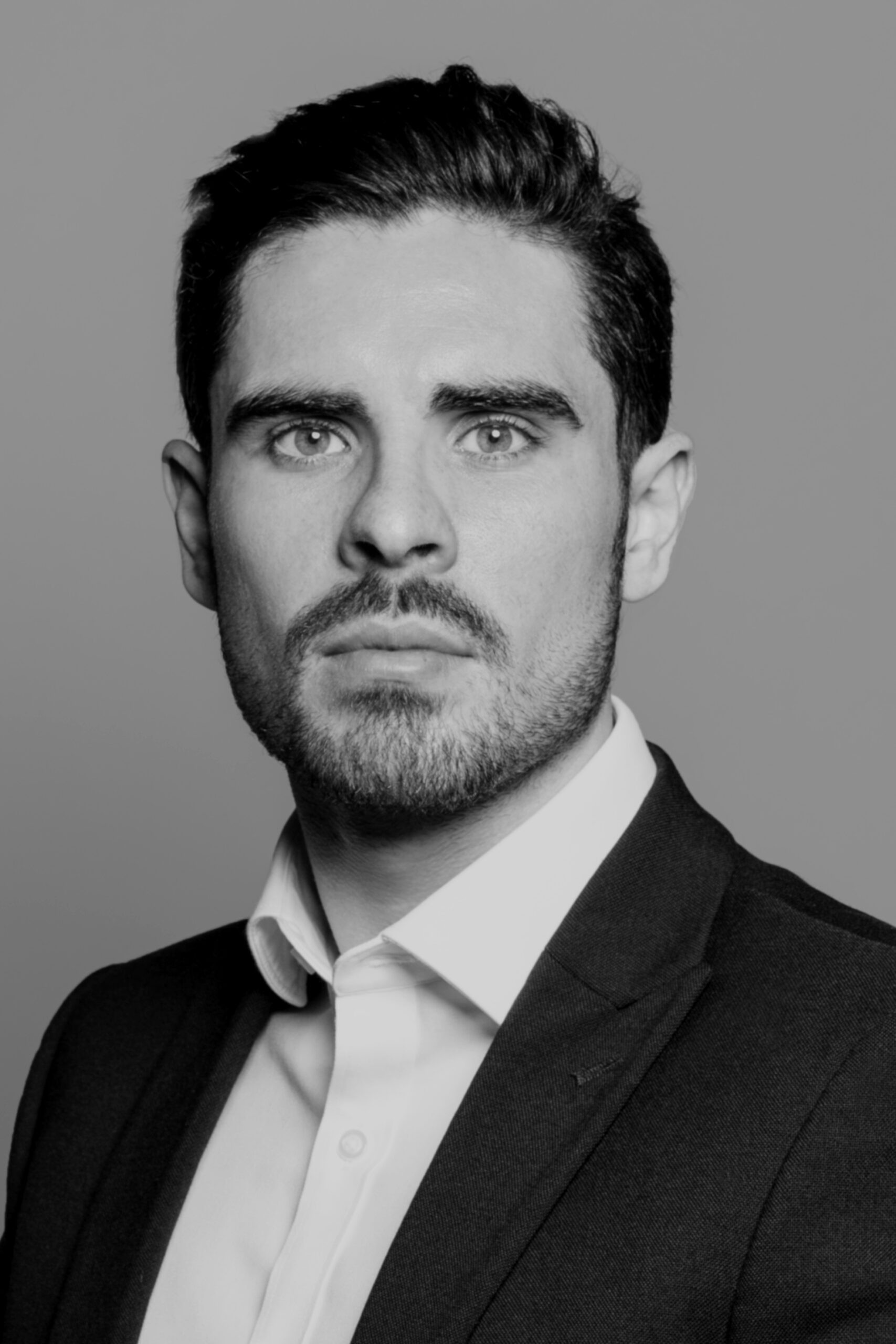‘It’s a memory game. It’s basically arrows, and you have to memorise them. But there is a twist to it – it’s reversed. You see the arrow for about six seconds on the screen. If it’s arrow up, you have to press down. If it’s left, you press right. Each stage gets harder and harder.’
although not all of us know how to code, we can all now pay someone to code almost anything for us.
“
Having studied computer science, Abdullahi had some tech experience but decided that despite not knowing how to code, he wanted to create a game. On realising that it would be more time efficient, he enlisted a game developer to code the game for him, as he explains, ‘I thought, let me just pay someone who knows more than me about coding games to create it for me. This has helped fast track the process as well.’ His process highlights an often-forgotten point – although not all of us know how to code, we can all now pay someone to code almost anything for us. You could quite literally begin developing an app tomorrow if you had an idea. This marks another important point – how many resources might we have within our reach that we overlook? Moreover, if we are relying solely on the skills of one person when building a business or creating a product, might the project’s potential be limited to the periphery of that person’s technical knowledge? These are valuable considerations when navigating any kind of project or venture.
After many iterations between Abdullahi and his developer, his game is complete and ready to launch. Though, as often is the case when treading the unmarked terrain of any new industry (both widely and personally uncharted) has meant there was and is a lot of learning to catch up on, as he notes ‘I didn’t know how to launch or what sort of agencies you would go to assist you with this.’ Despite this information black-hole that all of us will face when starting something new, searching for and discovering the answers is often where the fun begins.
if we are relying solely on the skills of one person when building a business or creating a product, might the project’s potential be limited to the periphery of that person’s technical knowledge?
“
There are many points we can take away from Abdullahi’s venture. What’s most notable is that he didn’t let the fact that he couldn’t code stop him from creating an app. Paralleling the tale of David and Goliath, his most obvious weakness became his strength; deciding not to code has meant that his app has likely become better than if he had made the attempt himself. This beckons the thought – which of your weaknesses can be deployed as strengths and used to your advantage?
Mohamed Abdullahi was photographed & interviewed in London by Laportra.
To find out more about our portrait sessions & pricing, tap the button below.

